As always, a giant list. The first 10 can be pretty much interchangeable depending on my mood but the ones below are pretty fixed. Open for debate, of course
31. Udaan (2010) - Directed by Vikramaditya Motwane. Written by Vikramaditya Motwane and Anurag Kashyap.
A debut out of immense quality and a film that sticks with you long after you've seen it. The subject matter of father-son relationships could easily go into the overdone or heavily dramatic in a bad way. While remaining a serious and dramatic film, the control over the storyline without allowing any slippage into melodrama is magnificent. The story is not a new one, with the tale of an over-controlling father and a sensitive child, but the performances and the script make it possible to have a fresh feel.
32. Nostalgia For the Light (2010)- Directed and written by Patricio Guzman.
A very poetic film telling a story about the past, both the recent past and the past so historic that it predates all life on the plant. By merging the astrologer's search for the history of the universe with the searching of the Atacama desert by archaeologists, many of them who are in fact searching for an ending to the story of what happened to family members who have disappeared. The military dictatorship of Pinochet is central to the film, which focuses on the past with the intention of using the past to show the path to a better future. By stating this premise, it directly contradicts the national mindset of forgetting the past and establishes the women searching for the true story of what happened as the heroes of the film.
31. Udaan (2010) - Directed by Vikramaditya Motwane. Written by Vikramaditya Motwane and Anurag Kashyap.
A debut out of immense quality and a film that sticks with you long after you've seen it. The subject matter of father-son relationships could easily go into the overdone or heavily dramatic in a bad way. While remaining a serious and dramatic film, the control over the storyline without allowing any slippage into melodrama is magnificent. The story is not a new one, with the tale of an over-controlling father and a sensitive child, but the performances and the script make it possible to have a fresh feel.
32. Nostalgia For the Light (2010)- Directed and written by Patricio Guzman.
A very poetic film telling a story about the past, both the recent past and the past so historic that it predates all life on the plant. By merging the astrologer's search for the history of the universe with the searching of the Atacama desert by archaeologists, many of them who are in fact searching for an ending to the story of what happened to family members who have disappeared. The military dictatorship of Pinochet is central to the film, which focuses on the past with the intention of using the past to show the path to a better future. By stating this premise, it directly contradicts the national mindset of forgetting the past and establishes the women searching for the true story of what happened as the heroes of the film.
33. Coco (2017)- Directed by Lee Unkrich. Written by Adrian Molina and Matthew Aldrich.
Pixar rarely does anything that isn't exceptional and their films are broadly loved. I saw this in a packed theatre on a Friday night in a French town, with classmates from six different countries. And we all loved it. The themes that the film touches upon are universal, while the narrative is an extremely specific and lovingly detailed dive into aspects of Mexican culture. A film about death and being forgotten and the bonds of family linking the past to the present, is not something one would expect to find in a children's movie that'd be categorized primarily as light entertainment. But the film never gets too heavy or too macabre and the excellent soundtrack frequently leaves the viewer moved. I'd guess everyone who watched it considered calling their parents after it was done.
34. Midnight in Paris (2011)- Directed and Written by Woody Allen.
It's hard to mention a Woody Allen film without getting into a discussion about the director himself. It's understandable and skipping the discussion may not ever be possible. But we may never see another film like this one. One which is so heavily steeped in the past and tradition, full of memories of a bygone era that was bygone long before most people's parents were born and yet manages to capture not only the idea of the time but immerse viewers into it. It's a masterpiece of comic vignettes and while the storyline is never extremely well developed, the characters more than make up for it. Adrien Brody as Salvador Dali especially is a inspired choice.
It's hard to mention a Woody Allen film without getting into a discussion about the director himself. It's understandable and skipping the discussion may not ever be possible. But we may never see another film like this one. One which is so heavily steeped in the past and tradition, full of memories of a bygone era that was bygone long before most people's parents were born and yet manages to capture not only the idea of the time but immerse viewers into it. It's a masterpiece of comic vignettes and while the storyline is never extremely well developed, the characters more than make up for it. Adrien Brody as Salvador Dali especially is a inspired choice.
35. Inside Job (2010) - Directed by Charles Ferguson. One of the first documentaries I saw about the financial crisis while I was still an undergraduate and a film that became essential to much of my preparation for postgraduate exams in Finance. It isn't easy to make a film on financial systems interesting (although it is usually very entertaining to make films about the individuals who work in finance) and it is also very difficult to explain the myriad influences which lead to the financial crisis of 2008 in a way that can be understood by a broader section of filmgoers. The director with ample help from narrators shines light on the confusing and irresponsible activities by the major players leading up to the crisis and manages to break things down while delivering enough of a moral stance without ever letting things get too preachy.
36. Attack the Block (2012)- Directed and written by Joe Cornish.
I'm still not sure if this film is horror or comedy (it's definitely sci-fi) but whoever thought up of furry alien monsters with glow in the dark mouths full of fangs, is a genius. A rare British film in the scifi action domain, with enough British dialogue that one might consider needing subtitles, the character development focusing on a teenage gang forced to defend their block gives enough moments for comedy as well as drama as they do a lot of growing up very quickly. A lot of the quality of this film comes from blending the familiar (we've seen a lot of London in films and a lot of aliens too ) in a setting that they don't usually coexist in. There's been recent talks of a sequel which would be perfect.
37. 13 Assassins (2014) - Directed by Takashi Miike. Written by Daisuke Tengan.
Takashi Miike is probably my favourite director from Japan because I love action films and there's few directors working now who keep doing good action films (hoping John Woo gets back to it soon). Inevitable comparisons to Seven Samurai will arise and for good reason. This film focuses equally on a captivating story as well as excellently crafted and choreographed fight scenes. But to be sure, the long and enthralling final battle scene (it runs about 45 minutes) is the star of the show. Especially because there's unlikely any other director who could imagine it and then pull it off.
38. Logan (2017) - Directed by James Mangold. Written by James Mangold, Scott Frank and Michael Green.
Wolverine as a character is often interesting and regularly violent but usually goes more towards the cinematic, overdone violence than the gritty, realism type. Logan may be the best X-Men film because it is not at all like any of the others. The character is never usually shown as vulnerable (he has regenerative healing, after all) but by negating this aspect, the film takes on the tone of a film noir or a western. Very much the opposite of the recently popular superhero films, the violence here is more towards Sin City than Avengers, with a lot of time spent on the characters and their emotional journeys. The film is a potential blueprint for the way superhero movies can adapt (in the way Deadpool shows the adaptation to comedy or parody) for a more noir feel, especially without the over reliance on CGI. Might we in future consider this as the start of a film movement akin to revionist Westerns? Unlikely, but perhaps.
39. Once Upon a Time in Anatolia (2013)- Directed by Nuri Bilge Ceylan. Written by Nuri Bilge Ceylan, Ebru Ceylan and Ercan Kesal.
When the film starts with "Once Upon a Time In", it's generally a measure that it'll be an epic story and usually a mark of quality ( Sergio Leone and Quentin Tarantino come to mind). A long story of a murder investigation, it follows the expectation of a crime mystery film but never follows these expectations too closely. The film takes interesting meanders and moves at a rhythm somewhat close to real life, which rarely moves linearly. These departures keep things interesting and also harder to follow. An enjoyable challenge.
40. The Great Beauty (2013) - Directed by Paolo Sorrentino. Written by Paolo Sorrentino and Umberto Contarello.
They don't really make films like this anymore. Rome only shows up in movies when foreigners or criminals are present. The lives and loves of the decadent Romans of the Berlusconi era are more rarely found on film. But Rome is still cinematic and Sorrentino gives an expansive and gorgeously shot film full of decadence and the darkness that comes with it. Like Fellini before him, the director pens a tale of spiritual and moral emptiness and the hollowness of trying to fill one's days with anything and everything to pass the time. It was the movie I didn't know I wanted and quotes from it have been peppering the advertising copy of events I've been to in Italy since then.
They don't really make films like this anymore. Rome only shows up in movies when foreigners or criminals are present. The lives and loves of the decadent Romans of the Berlusconi era are more rarely found on film. But Rome is still cinematic and Sorrentino gives an expansive and gorgeously shot film full of decadence and the darkness that comes with it. Like Fellini before him, the director pens a tale of spiritual and moral emptiness and the hollowness of trying to fill one's days with anything and everything to pass the time. It was the movie I didn't know I wanted and quotes from it have been peppering the advertising copy of events I've been to in Italy since then.

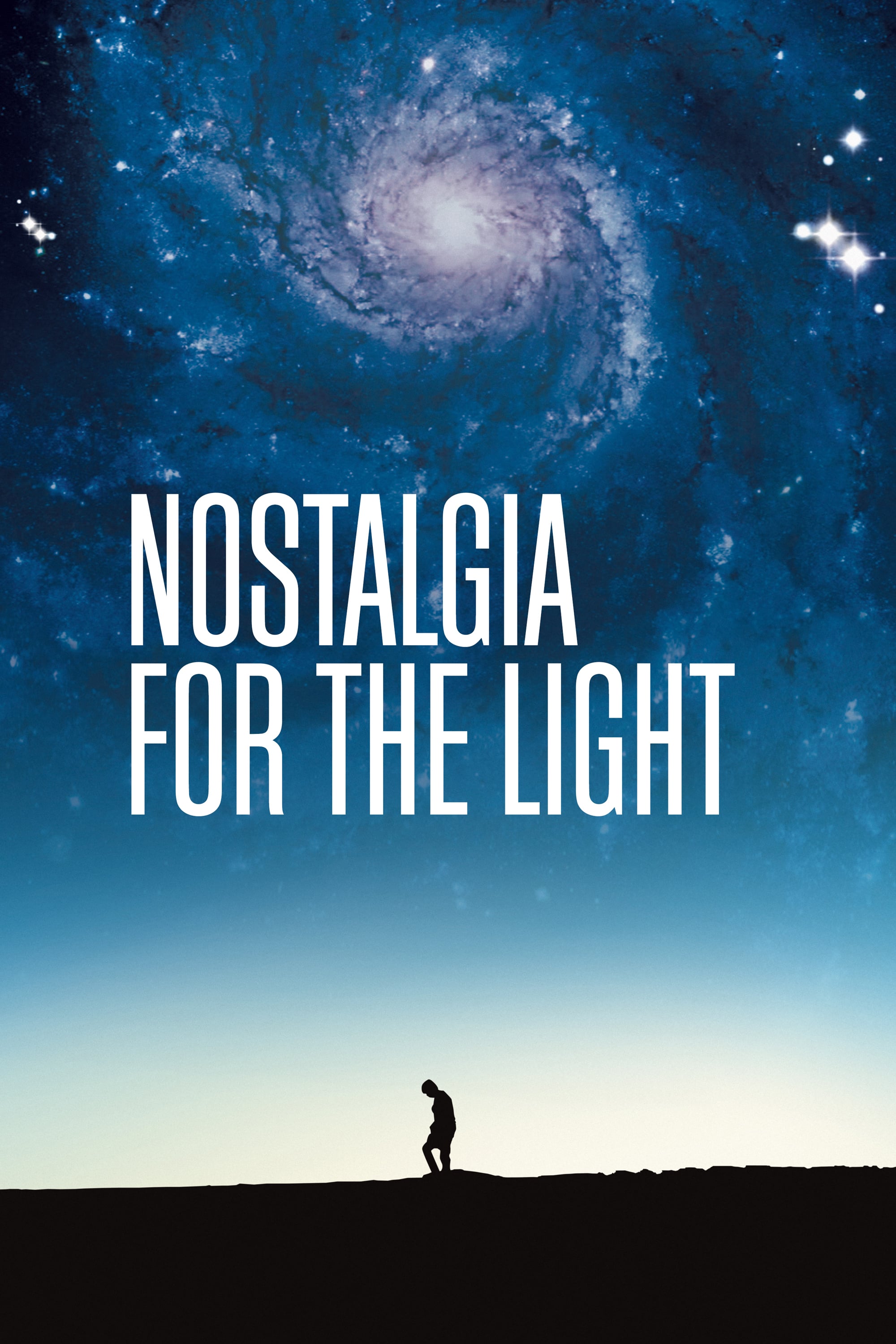
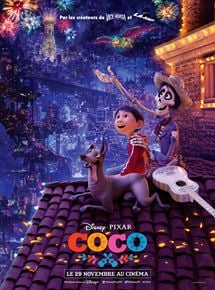

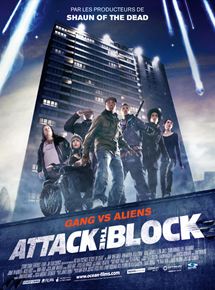

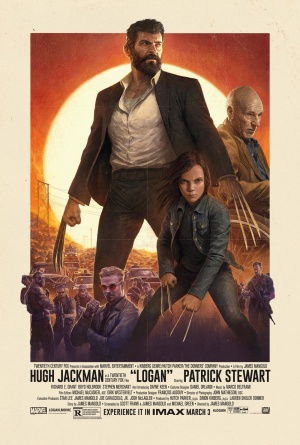

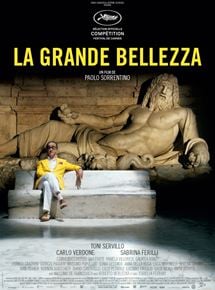
Comments
Post a Comment